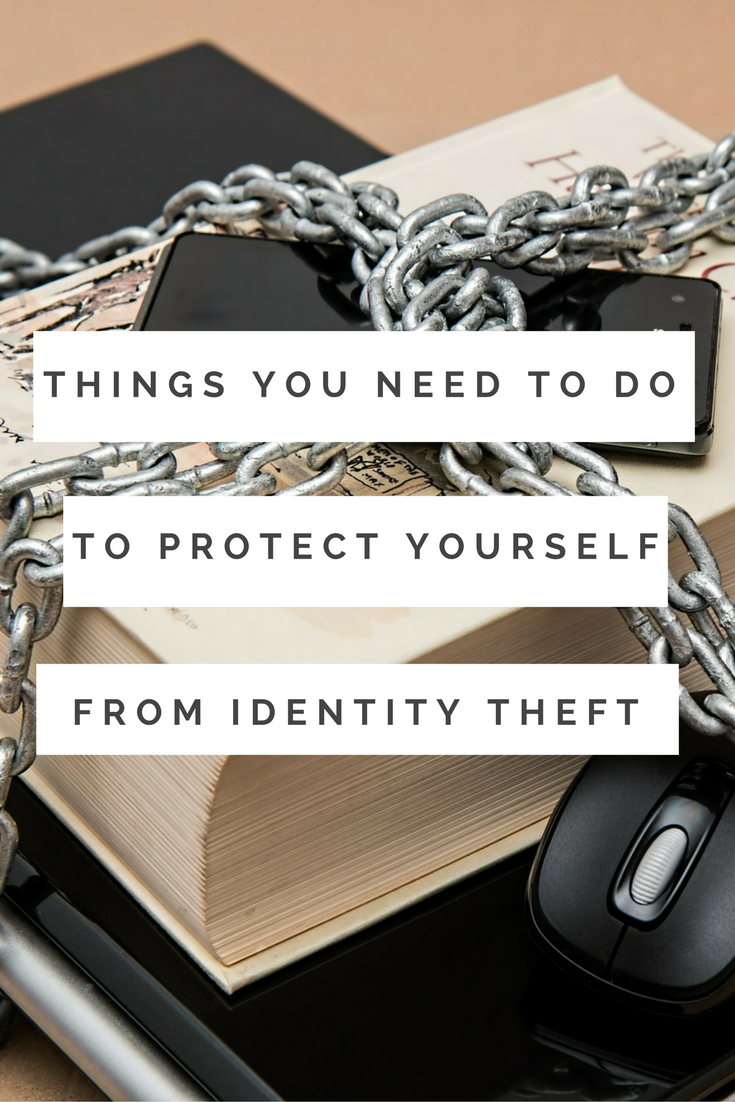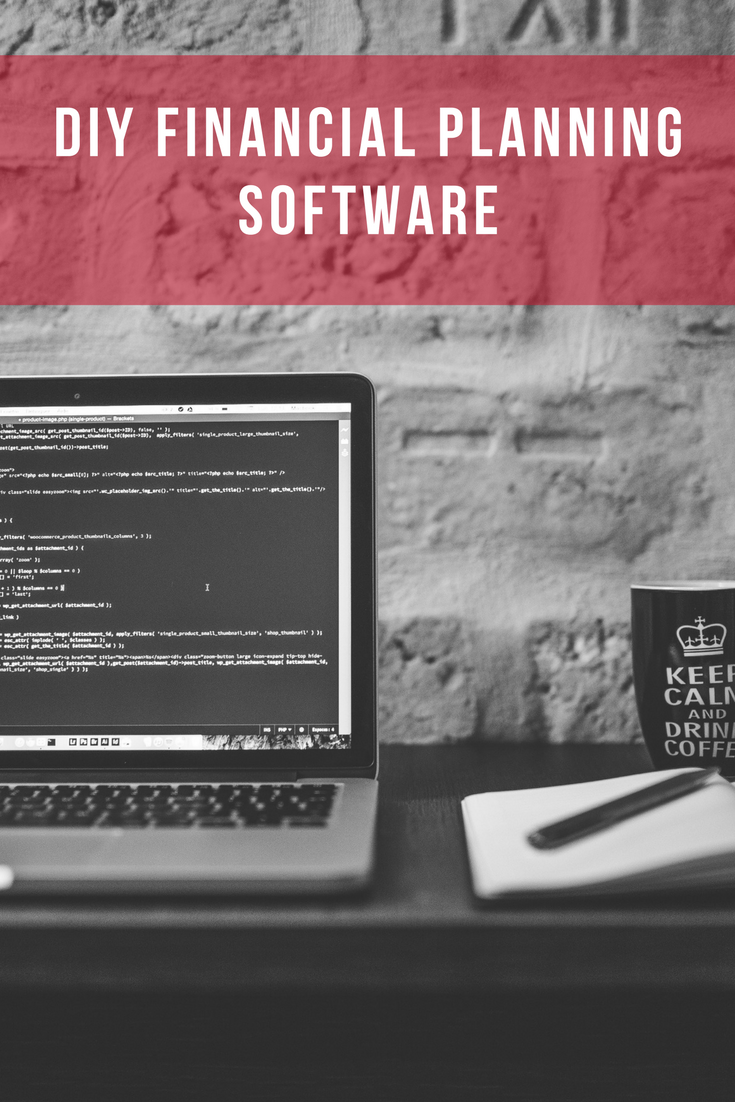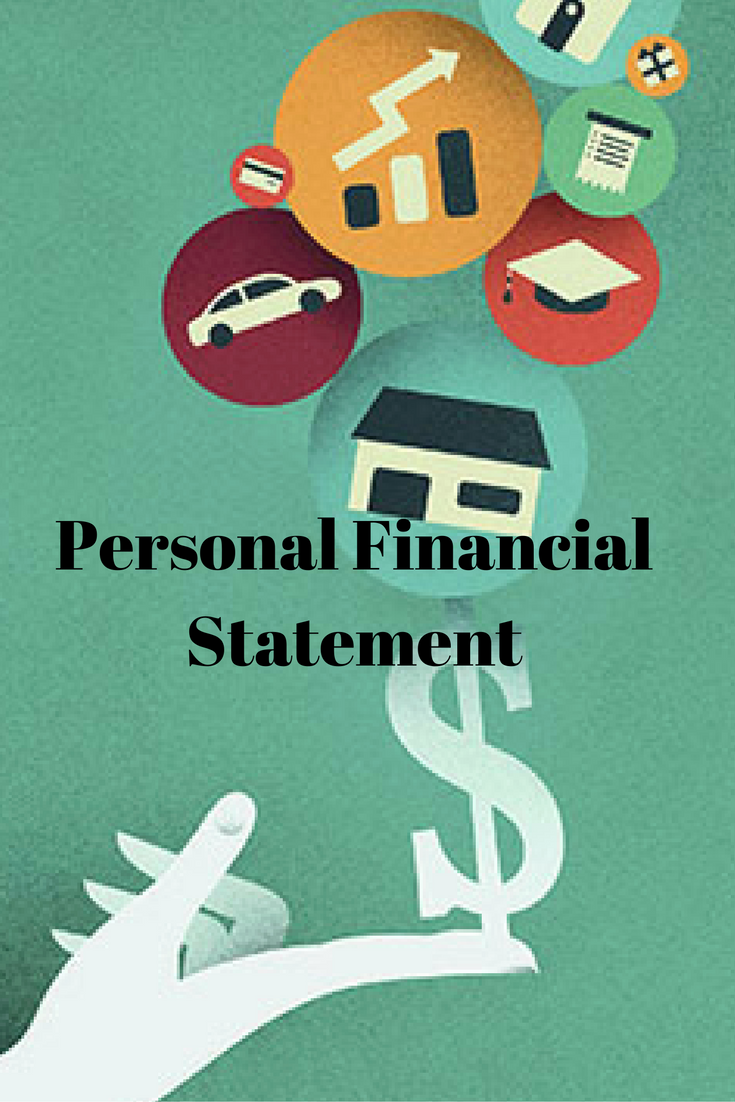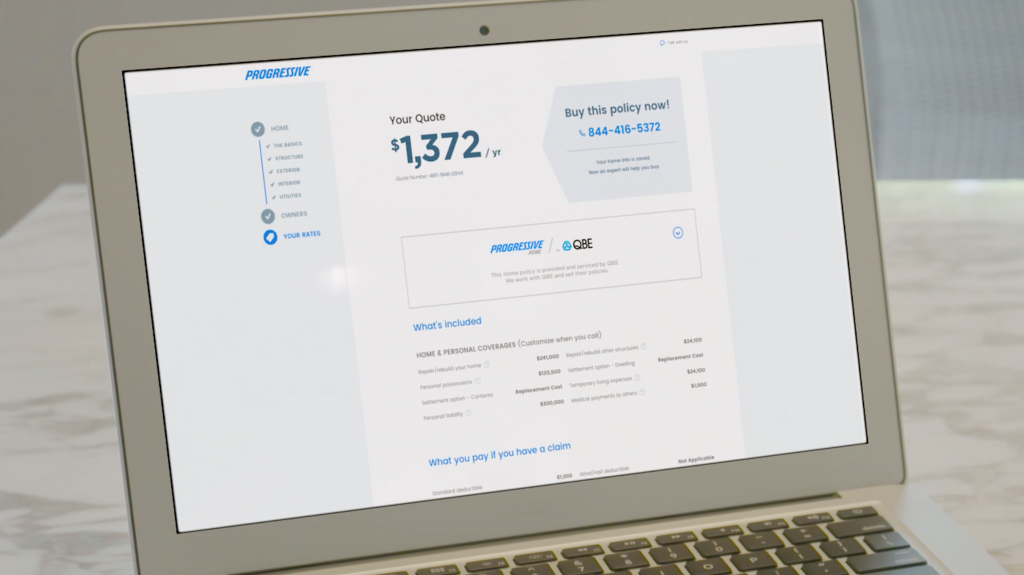Identity theft is a real threat to everyone, no matter what your credit score is or how many credit accounts you have. Once a thief has your personal information (name, address, date of birth, and social security number) they can start applying for credit in your name, damaging your credit rating.
The threat is even scarier when large credit reporting agencies, like Equifax, announce they’ve been hacked and millions of people have their information at risk. Shouldn’t it be a top priority for these companies to protect your information? Yes. And no. While they should have protection measures in place and do everything possible to protect your information, the ultimate responsibility for your credit is on you.

A regular check of your credit report is a good way to ensure that your identity hasn’t been stolen, but there are ways to protect yourself before you’re at risk. Here are a few ways to protect your identity from falling into the wrong hands.
Never give your personal information, especially your social security number, to a stranger. Whether they call, text, or email, if you don’t know the recipient don’t give them any information. Unless you’re paying your taxes to the IRS or your state, don’t write your social security number on your checks. If your SSN is your account identification, the last four numbers should be enough for them to find your account. And never write your social on any forms or anything that is not credit related.
Don’t keep your social security card in your wallet. Likewise, don’t carry any infrequently used credit cards or notes of passwords and PINs. Make sure your wallet and/or purse is always within your site or locked up tight in the trunk of your car, out of site for strangers.
Don’t post things that could be used to identify you on your social media accounts. These things would include your mother’s maiden name, your full date of birth, your pet’s names, or any other answers to your account’s secret questions. Better yet, check your privacy settings so that only people you choose to friend can see any of your personal information.
Set up mobile alerts with your credit and bank accounts so that you are notified of any transactions. This will help you know quickly if someone has stolen your card so you can contact your bank or credit company.
Photocopy the fronts and backs of all of your credit cards, reward cards, driver’s license, and any other cards you carry in your wallet then place it in a secure place within your home. If your wallet is ever stolen, you will have all of the phone numbers and account numbers you need to cancel your cards.
Place credit freezes on your credit reports through the credit reporting agencies. This will keep any identity thieves from obtaining credit in your name.
Keep your devices protected with a password. This includes your cellphone, laptop, desktop computer, tablet, and any other devices you use to log in to your financial accounts, social media, and emails.
If you have small children, place a credit freeze on their social security numbers as well. Identity thieves love to steal the information of minors because their reports are usually clean and no one ever checks them.
These simple tasks will help you to keep your identity safe and your credit secure.







